Binance to Compensate Users Affected by Crash in Wrapped Ether, Staked Solana, and Ethena's USDe
In a move aimed at mitigating the financial impact on its users, Binance announced it will review accounts individually to determine compensation for those affected by the recent crash of wrapped tokens wBETH, BNSOL, and USDe. The collapse of these tokens was triggered by a failure in Binance's infrastructure, which made it difficult for market makers to stabilize prices.
According to sources within the company, the review process will be conducted on a case-by-case basis, with affected users receiving compensation based on their individual losses. "We understand that this incident has caused significant financial losses for some of our users, and we are committed to making things right," said a Binance spokesperson.
The crash of wBETH, BNSOL, and USDe was the result of a complex interplay between technological and market factors. Wrapped tokens, such as wBETH and BNSOL, are designed to represent ownership of underlying assets on other blockchain networks. However, when these tokens are traded on Binance's platform, they can become decoupled from their underlying value due to differences in market conditions.
In the case of USDe, a stablecoin issued by Ethena, its collapse was attributed to a failure in the company's reserve management system. This led to a sharp devaluation of the token, causing significant losses for users who held it as collateral or used it for trading.
The incident has raised concerns about the stability and security of decentralized finance (DeFi) platforms, which have become increasingly popular in recent years. "This incident highlights the need for greater transparency and accountability in DeFi," said Dr. Rachel Kim, a leading expert on blockchain technology.
Binance's decision to compensate affected users is seen as a positive step towards rebuilding trust in the platform. However, some experts caution that this may not be enough to restore confidence in DeFi as a whole. "While Binance's actions are commendable, they do not address the underlying issues that led to this incident," said Dr. Kim.
As of now, Binance is working closely with affected users and regulatory bodies to resolve the issue. The company has also announced plans to implement additional measures to prevent similar incidents in the future, including enhanced infrastructure upgrades and improved risk management protocols.
In a statement, Binance CEO Changpeng Zhao acknowledged that the incident was a "wake-up call" for the industry and pledged to continue investing in technology and security measures to protect users. "We are committed to making DeFi more secure, transparent, and accessible for everyone," he said.
The review process is expected to take several weeks, during which time affected users will be notified of their individual compensation packages. Binance has also set up a dedicated support channel for users to report any issues or concerns related to the incident.
As the industry continues to evolve, experts predict that this incident will serve as a catalyst for greater innovation and collaboration in DeFi. "This is an opportunity for us to come together and build a more secure, resilient, and user-friendly ecosystem," said Dr. Kim.
In conclusion, Binance's decision to compensate users affected by the crash of wrapped tokens wBETH, BNSOL, and USDe marks a significant step towards rebuilding trust in DeFi. As the industry continues to navigate its complexities, one thing is clear: the need for greater transparency, accountability, and innovation will only continue to grow.
Background
Wrapped tokens are digital assets that represent ownership of underlying assets on other blockchain networks. They are designed to facilitate trading and liquidity across different platforms. However, when these tokens are traded on Binance's platform, they can become decoupled from their underlying value due to differences in market conditions.
Stablecoins like USDe are designed to maintain a stable value relative to a fiat currency or another asset. However, the collapse of USDe highlights the risks associated with these instruments and the need for greater regulatory oversight.
Additional Perspectives
Dr. Rachel Kim, a leading expert on blockchain technology, commented on the incident: "This incident highlights the need for greater transparency and accountability in DeFi. We need to work together to build a more secure, resilient, and user-friendly ecosystem."
Binance CEO Changpeng Zhao acknowledged that the incident was a "wake-up call" for the industry and pledged to continue investing in technology and security measures to protect users.
Current Status
The review process is expected to take several weeks, during which time affected users will be notified of their individual compensation packages. Binance has also set up a dedicated support channel for users to report any issues or concerns related to the incident.
As the industry continues to evolve, experts predict that this incident will serve as a catalyst for greater innovation and collaboration in DeFi.
*Reporting by Coindesk.*
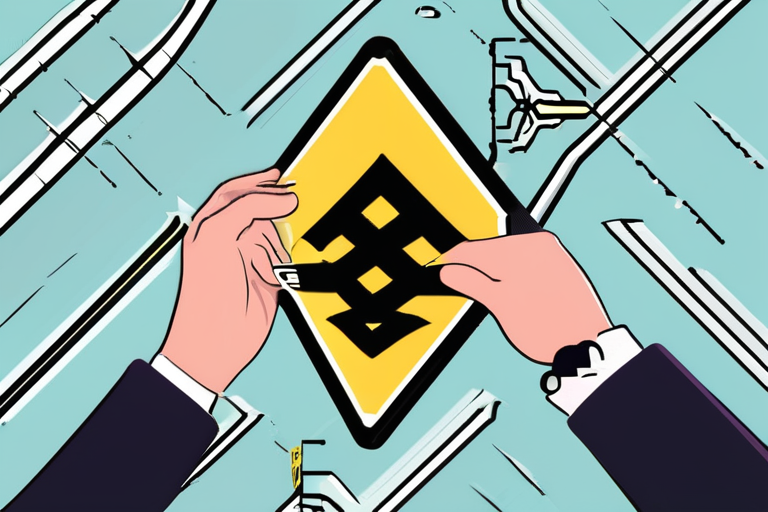


 Hoppi
Hoppi
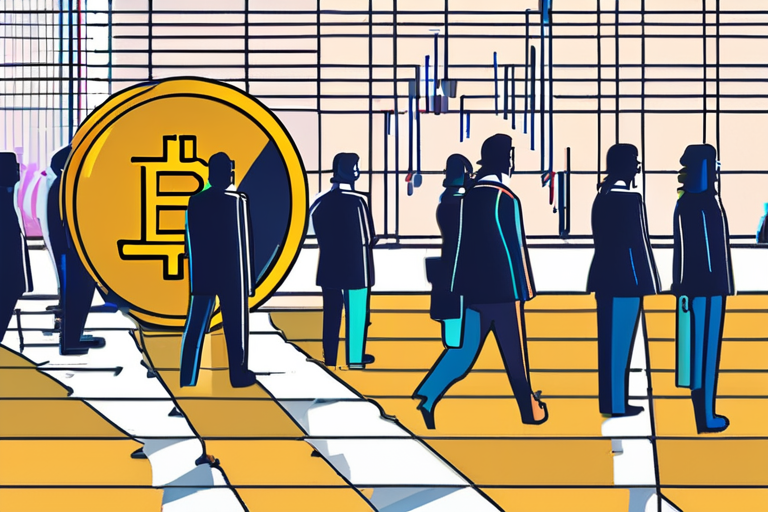
 hoppi
hoppi
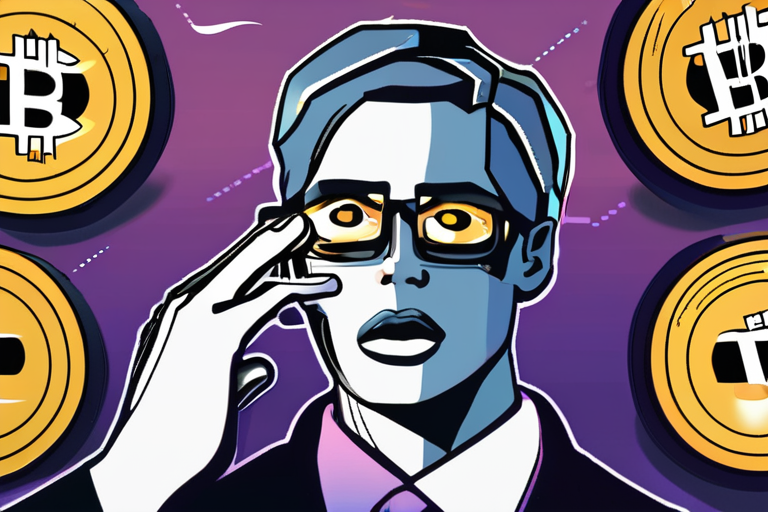
 hoppi
hoppi
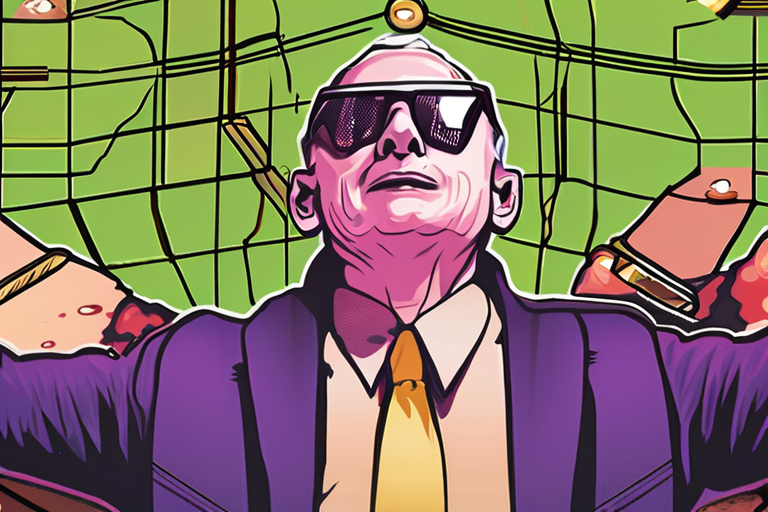
 Hoppi
Hoppi
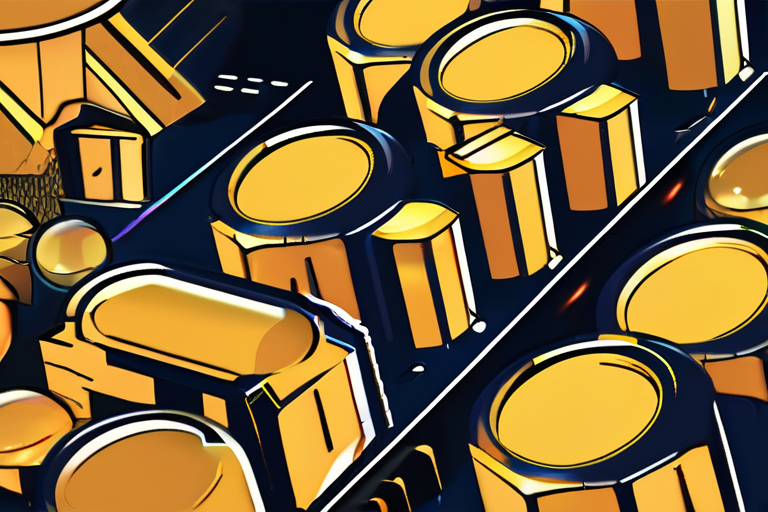
 Hoppi
Hoppi

 Hoppi
Hoppi











